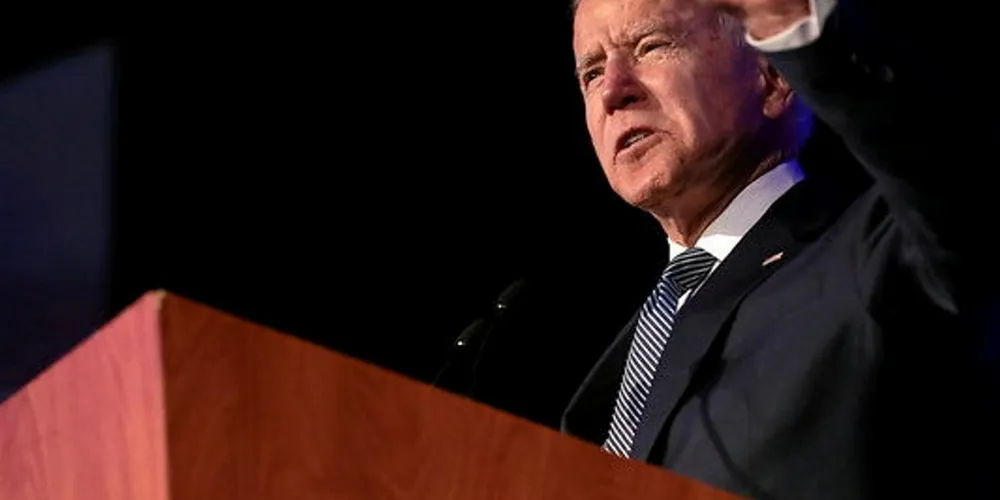US green deal will create 'a clean energy workforce that looks like America': Granholm
Energy secretary links $2.3trn jobs plan to coming nationwide renewables build-out, promising 'prevailing wages, decent wages'

Energy secretary links $2.3trn jobs plan to coming nationwide renewables build-out, promising 'prevailing wages, decent wages'
